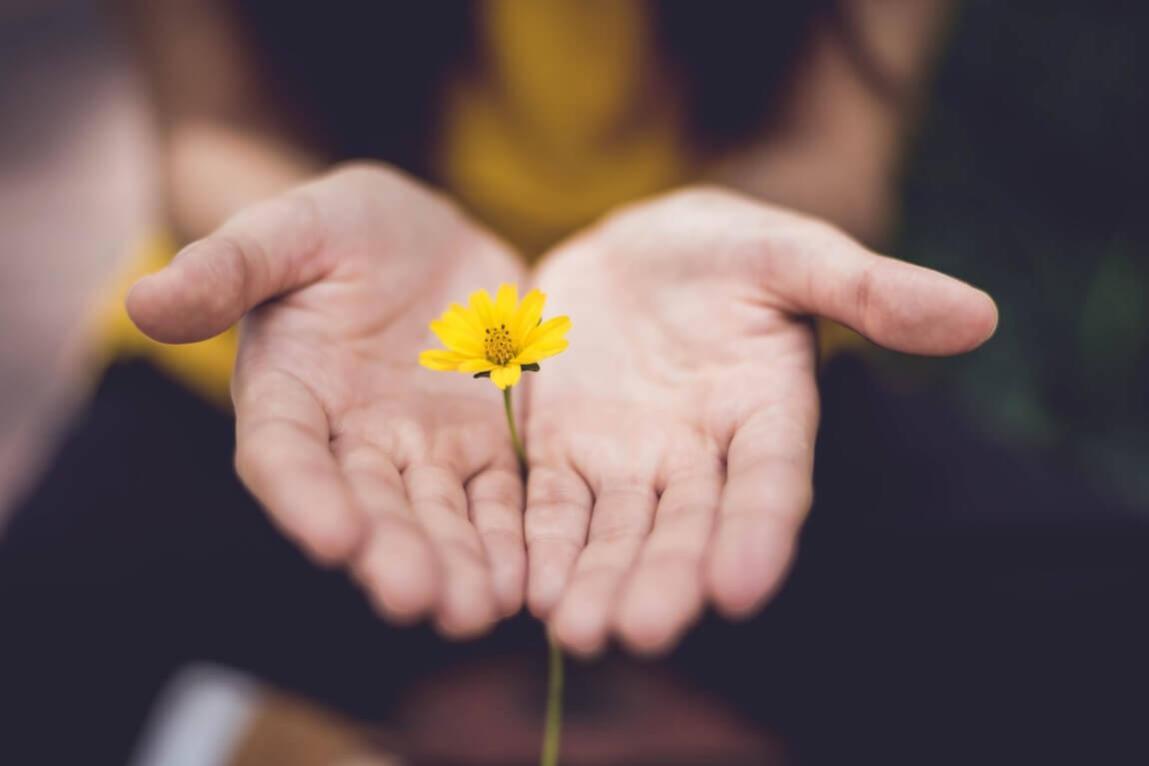Dealing with addiction is a challenging journey that requires a comprehensive and personalised approach to healing. If you or someone you know is struggling with addiction, consider exploring a holistic path to recovery. By integrating Eastern philosophical principles, trauma-informed care, and creating a customized Recovery Wellness Plan. You can empower yourself to embark on a transformative journey towards healing and long-term well-being.
A Recovery Wellness Plan is a personalised, holistic approach to assist individuals in overcoming mental health challenges, addiction, or trauma. The plan is designed to provide a structured, goal-oriented process that encompasses physical, emotional, mental, and spiritual well-being. A Recovery Wellness Plan aims to empower individuals to take charge of their healing journey and develop skills to maintain long-term wellness and stability.
Recovery Coaching is a supportive relationship that helps individuals in creating and implementing their Recovery Wellness Plan. Coaches work with clients to identify their strengths, set achievable goals, and develop strategies to overcome challenges. Recovery coaches also provide guidance and encouragement helping clients build resilience and enhance their overall well-being.
The Integration of Eastern Philosophical Principles
Incorporating Eastern philosophical principles into Recovery Wellness Plans allows for a more holistic approach to healing.
Incorporating Eastern philosophical principles into your addiction recovery process can promote a more holistic and balanced healing journey. Practicing mindfulness, for example, can help you become more conscious of your thoughts, emotions and bodily sensations thus reducing the risk of relapse.
Some commonly adopted principles may include
- Mindfulness
This concept teaches individuals to live in the present moment, fully aware of their thoughts, emotions, and bodily sensations. Practicing mindfulness can help reduce stress, anxiety, and negative thought patterns. - Non-attachment
Derived from Buddhism, non-attachment encourages individuals to let go of expectations and desires that can hinder their progress. Embracing non-attachment can lead to increased self-awareness, personal growth, and emotional freedom. - Balance
Many Eastern philosophies emphasize the importance of balance in life, whether it be through yin and yang, the five elements or other concepts. Achieving balance in various aspects of life can promote overall well-being and improve mental and emotional health. - Meditation
A cornerstone of Eastern practices, meditation can help individuals develop self-awareness, reduce stress, and enhance emotional regulation. Various meditation techniques can be incorporated into Recovery Wellness Plans to suit individual preferences and needs.
Embracing the concept of non-attachment can foster personal growth, emotional freedom, and increased self-awareness, making it easier to let go of addictive behaviors. Striving for balance in various aspects of life can enhance overall well-being and support long-term recovery. Incorporating meditation techniques can improve self-awareness, stress management, and emotional regulation, all essential skills for overcoming addiction.
Gabor Maté’s is a renowned addiction and trauma expert, emphasizes the role of unresolved trauma in the development of addiction and mental health issues. Some key concepts from his work that can be integrated into Recovery Wellness Plans include:
- The connection between trauma and addiction: Recognizing that addiction often serves as a coping mechanism for unresolved trauma can help individuals address the root cause of their struggles.
- Compassionate inquiry: This therapeutic approach involves exploring an individual’s emotional and psychological pain with empathy and curiosity. Compassionate inquiry can help individuals gain a deeper understanding of their experiences and develop healthier coping mechanisms.
- The mind-body connection: Maté emphasizes the importance of addressing both physical and psychological aspects of recovery. Integrating body-centered therapies, such as yoga, tai chi, or somatic experiencing, can help individuals process trauma and improve overall well-being.
The connection between unresolved trauma and addiction is now realtive well-established in the clinical field of trauma recovery. Maté emphasizes the need to address the underlying emotional and psychological pain that often leads to addictive behaviors. By understanding the root causes of addiction and approaching them with empathy and curiosity, you can develop healthier coping mechanisms and break the cycle of dependency.
Key Components of a Recovery Wellness Plan
- Goal setting: Establishing realistic, measurable goals that align with an individual’s values and priorities.
- Self-care: Developing a routine that promotes physical, emotional, and mental well-being.
- Support systems: Identifying and fostering supportive relationships with friends, family, and peers.
- Coping strategies: Learning healthy ways to manage stress, emotions, and triggers.
- Personal growth: Engaging in activities that promote self-awareness, self-expression, and spiritual development.
Crafting a Personalised Recovery Wellness Plan:
Developing a Recovery Wellness Plan tailored to your needs and preferences is crucial for sustainable recovery. Start by setting clear, achievable goals that align with your values and priorities. Create a self-care routine that supports your physical, emotional, and mental well-being. Learn healthy ways to manage stress, emotions, and triggers, and engage in activities that foster self-awareness, self-expression, and spiritual development.
Building a Support System and Engaging with Recovery Coaching:
Having a strong support system and working with a recovery coach can significantly enhance the effectiveness of your Recovery Wellness Plan. Recovery coaching can provide guidance, encouragement, and accountability, while a supportive network of friends, family and peers can offer invaluable emotional backing. Don’t hesitate to reach out to others and share your journey with those who care about you.
Evaluating Progress and Adjusting the Plan:
Regularly reviewing and adjusting your Recovery Wellness Plan is essential to ensure its ongoing effectiveness. Take the time to assess your progress, celebrate your achievements, and identify areas for improvement. Remember that your plan should be a living document that evolves based on your personal growth, changing needs and circumstances.
A holistic approach to addiction recovery, combining Eastern philosophy, trauma-informed care, and a personalised Recovery Wellness Plan, can empower you to overcome addiction and reclaim control of your life. By addressing the root causes of addiction, developing healthy coping strategies, and nurturing a strong support system you can embark on a transformative journey towards healing, self-discovery and long-term well-being. Remembering the path to recovery is unique for each individual and your commitment to your healing journey is the most important step towards a healthier, happier life.







